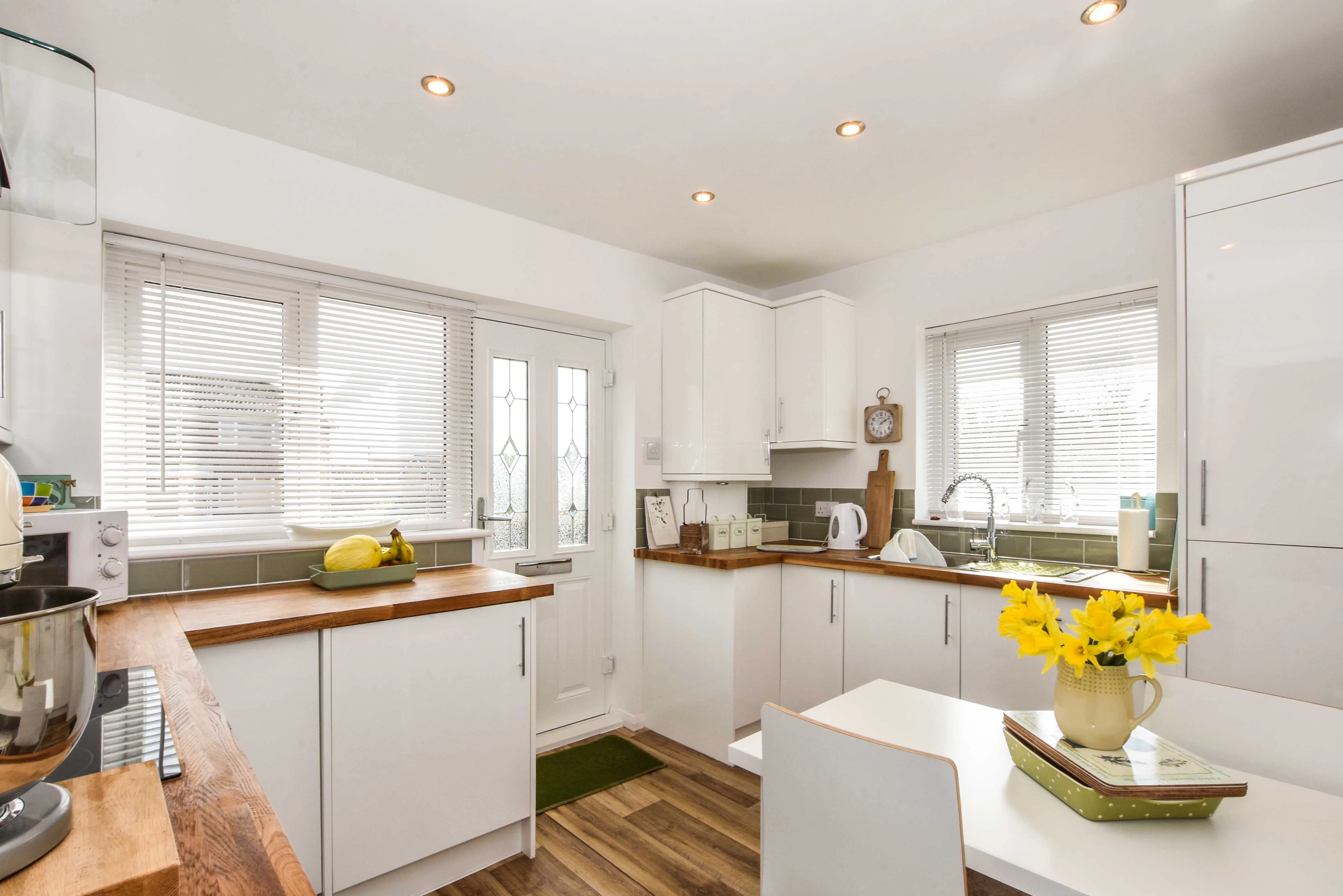
If you’re planning to buy a property in England in 2025 (remember, the rules differ in Scotland), you’ve probably heard the term property survey mentioned quite a few times. And if you’re new to the home-buying process, it can sound a little confusing. Don’t worry — at Indigo Greens Estate Agents, we’re here to make things simple and straightforward.
What Is a Property Survey?
A property survey is essentially a professional health check for your potential new home. It’s an inspection carried out by a qualified surveyor to assess the property’s condition, structure, and value. The report highlights any issues, defects, or potential risks that could affect both the property’s value and your comfort as a homeowner.
Surveys remain one of the most effective ways to protect your investment and avoid unexpected repair costs after you move in.
Do You Have to Get a Property Survey?
Legally, no — you’re not required to get a survey. However, it’s highly recommended, especially if you’re buying an older property, a unique or listed building, or anything that looks like it might need a little extra attention. A property survey can give you peace of mind and help you budget for any work that might be needed.
Keep in mind that survey reports often suggest further investigations by specialists (such as damp, roof, or electrical experts), so they may raise new questions before providing final clarity — but that’s all part of a thorough due-diligence process.
The 3 Main Types of Property Surveys in England (2025)
When choosing a property survey, there are three main levels to consider, depending on the age, size, and condition of the property you’re buying:
1. Condition Report
A basic and cost-effective survey that provides an overview of the property’s general condition. It highlights any urgent defects or risks but doesn’t go into structural detail.
2. Homebuyer Report
The most popular option for modern homes in good condition. This mid-level survey includes a detailed inspection of visible and accessible areas, a property valuation, and advice on maintenance or repairs.
3. Building Survey (formerly Structural Survey)
The most comprehensive survey type — ideal for older homes, period properties, or properties in need of renovation. It provides an in-depth look at the structure, materials, and potential hidden defects of the building.
How to Find the Right Surveyor
Choosing the right RICS-qualified surveyor can make all the difference. Here’s how to find one you can trust:
Ask for recommendations: At Indigo Greens Estate Agents in York, we work closely with trusted local surveyors and can point you in the right direction.
Check credentials: Always ensure your surveyor is a member of the Royal Institution of Chartered Surveyors (RICS).
Compare quotes: Request multiple quotes to find a fair price and ensure you understand what each survey includes.
Understanding Your Survey Report
Once your survey is complete, you’ll receive a detailed report — and yes, it may contain a few technical terms. Don’t panic! A good surveyor will be happy to explain everything clearly. If something isn’t clear, ask questions until you’re confident you understand the findings.
Your survey is there to help you make an informed and confident decision about your property purchase — not to overwhelm you.
Final Thoughts
Buying a home can be exciting, emotional, and sometimes a little stressful — but getting the right property survey can make all the difference. It gives you the knowledge to move forward with confidence and ensures there are no nasty surprises after you get the keys. At Indigo Greens Estate Agents, we’re here to guide you through every step of your home-buying journey — from viewings and negotiations to completion and beyond.
Ready to start your property search in York?
Contact Indigo Greens Estate Agents today for friendly, expert advice and local insight.









